Finances
Get financial fitness with 7 steps: put your finances in shape!
When you hear the word "fitness," do you think about going to the gym to work out? You can get fit on your finances too. This article will tell you some easy steps to accomplish this.
Advertisement
Stay financially fit: good habits lead to success

We hear a lot about physical fitness, but do you know the steps to reach financial fitness? Your financial health means as much as your physical health!
Facing hardships in the financial field can is not good for your mental health. It has to keep up with the other fields of your life, both physical, emotional, and mental.
Since we have been in school, we have had physical education classes, and there are plenty of scholarships for athletes. However, we don’t have a proper financial education.
The school doesn’t teach us about credit cards, loans, budgeting, savings, and other essential topics for our adult life. So, it’s no wonder we have so many people struggling to keep up with their bills even if they have enough income to pay for them.
We are here to help. With some tips and a few steps, you can be financially fit. The first step is to believe that you can do it. The second step is to read this article till the end and get all these tips.

401 (k) plan: what is it and how does it work?
Retirement seems so far away when you're young. But when you notice, it is already time, and you're not prepared. Don't let that happen.
You will be redirected to another website
You’ll receive messages for less than 1 week, with a maximum of 1 message per day. You can unsubscribe anytime by replying STOP. By submitting this form, I confirm that I am 18+ years old and agree to the Privacy Policy and Terms and Conditions. I also provide my signature, giving express consent to receive informational messages via automated emails, SMS, MMS text messages, and other forms of communication. Message frequency may vary as part of our good-faith effort to respond to your inquiry. Message and data rates may apply. Text STOP to cancel. I understand that my consent to receive communications is not a condition of purchase and that I may revoke my consent at any time.
Advertisement
What are the good ways to be financially fit?

Let’s talk more about this concept. What does a person need to be fit? How to achieve fitness?
You need to develop many characteristics, but the major one is discipline. Discipline is the key to anything you wish to accomplish in your life. And it’s the same principle to keep with the steps to financial fitness.
So, to be financially fit is to be able to keep a healthy financial life. When you can manage your money to pay for your expenses, fulfill your needs, and be responsible for your adulthood duties.
Being financially fit is not the same as being rich. Even if you still don’t have an immense fortune in your bank account. You can and should be financially fit. If you get your finances into shape, even if they’re not considerable net worth, you’ll get peace of mind to reach higher goals.
The 7 Steps to your financial fitness: stay organized with your money

Advertisement
Track your money
Do you have the habit of spending a little dollar or two here and there on little treats? If you think this is harmless, know that it can drain more money than you think.
The first thing to learn about taking care of your money is to know how much you are earning and how much you are spending. And not just how much, but what are you spending your money on. This will help you understand your financial patterns and your major expenses.
If you’re missing money to pay your bills, but you’re buying one pair of shoes per month, you have some adjustments to make. Unless you’re a centipede.
Set your goals
To get somewhere, you need to set the direction. Determine where you want to get with your finances and make a plan to reach these goals. You can have more than one goal and manage them according to your priorities.
Advertisement
Pay your debts
Your net worth is not how much you have in your bank account. To find your net worth, you need to add the value of your assets and subtract the value of your debts from this total.
So, if you have any mortgage, credit card balance, car loan, or student loan, you should focus on paying them off first. This way, you will increase your net worth, and soon you will have more money left over to make investments.
Match your lifestyle and spending with your purchasing power
Don’t try to live a life that isn’t yours. The neighbor’s grass may seem greener, but it’s probably because they can afford to pay an excellent Gardner and good products, or he is in debt to keep this appearance. Either way, keep your eyes on your grass and don’t spend more than you should. If you choose a more humble lifestyle now, you’ll be able to live a more sophisticated life in the future.
Put savings on your budget.
Your budget should not be just about earning and spending. You have to include savings in your budget. It doesn’t matter if it’s just a little money a month. Be consistent, and prioritize saving some money every month, even if it’s just $20. Soon these savings will turn into investments and will grow more and more
Look for professional advice and financial knowledge.
It is no shame if you don’t know how to handle some aspects of your finances. As we said in the beginning, nobody teaches us this subject in high school, and if you don’t educate yourself on finances and economic topics, you’ll not know how to handle it.
So, it is better to admit that you don’t know what to do and ask for help than do things blindly and mess it all up. Search for information on reliable websites and bring your questions to your account manager on your bank of trust.
Trust software to team up with your brain
As humans, we can commit errors. You can forget to pay a bill or transfer your savings to your savings account. To avoid this, put everything you can on autopay.
Electricity and water bills, phone, and other monthly payments, and set an auto transfer for your savings account.
Another good strategy is to use a good app to track your expenses, savings, and investments. Some will even link to your accounts and credit card to automatically classify your spending categories. This way, you’ll easily keep up with your budget. and get the steps to financial fitness.
Being financially fit is crucial to overcoming an economic recession. Specialists are aware for a big recession on the horizon. Learn how to prepare yourself for this period by reading the following informative content.
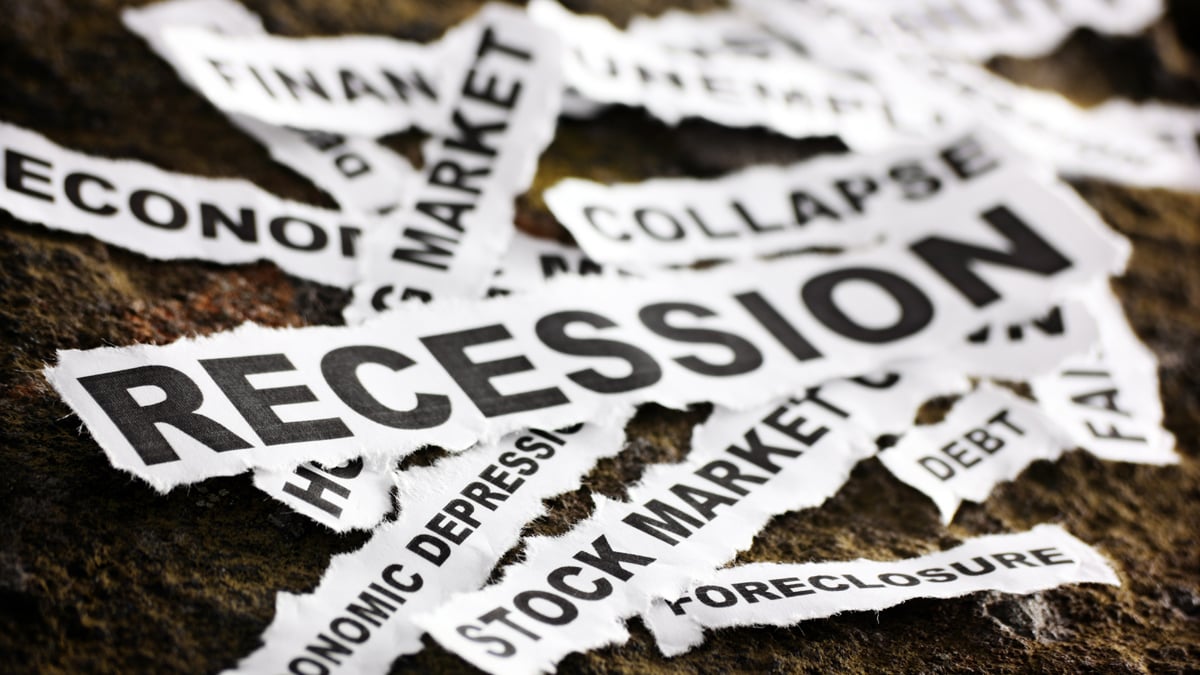
How to prepare for a recession?
A recession might be underway, and it’s best to be ready for it. Here are some tips on what you can do now to help cushion the blow when the next economic downturn happen
Trending Topics
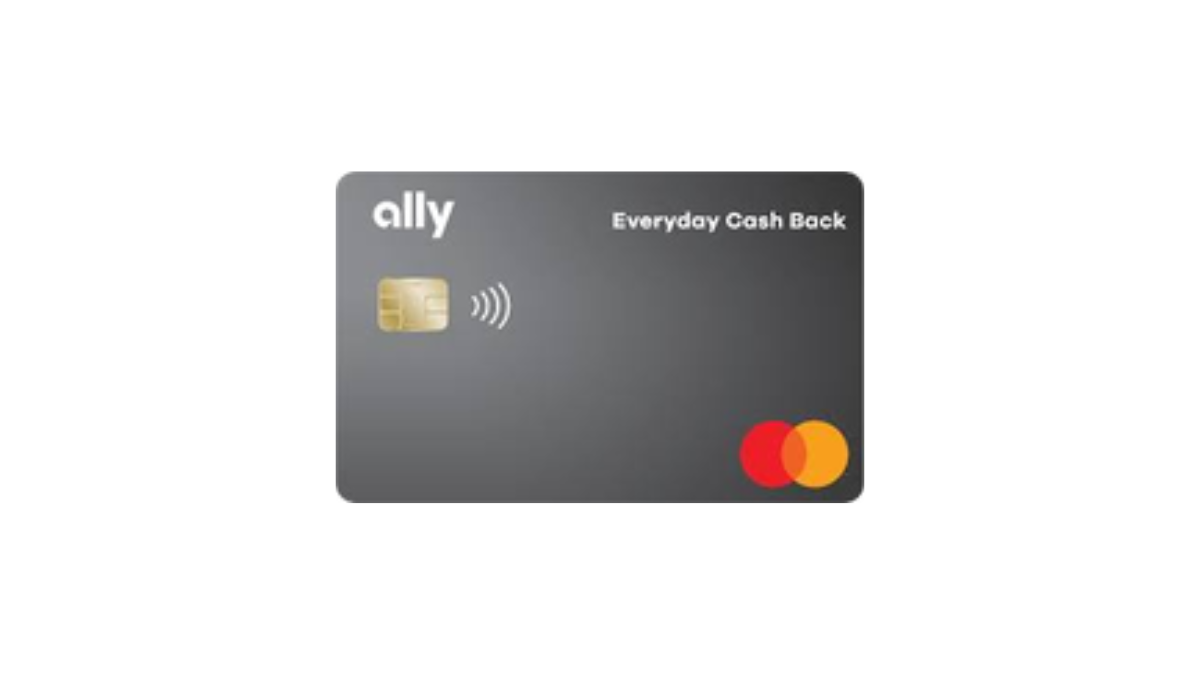
Apply for Ally Everyday Cash Back Mastercard®: 3% cash back
Score 3% cash back on everyday essentials! Cracking the code on how to apply for the Ally Everyday Cash Back Mastercard® in under 5 minutes.
Keep Reading
You can now remove yourself from Google’s search results
Now it’s possible to fill out an online form and ask Google to remove your personal information from its search engine. Learn more here.
Keep Reading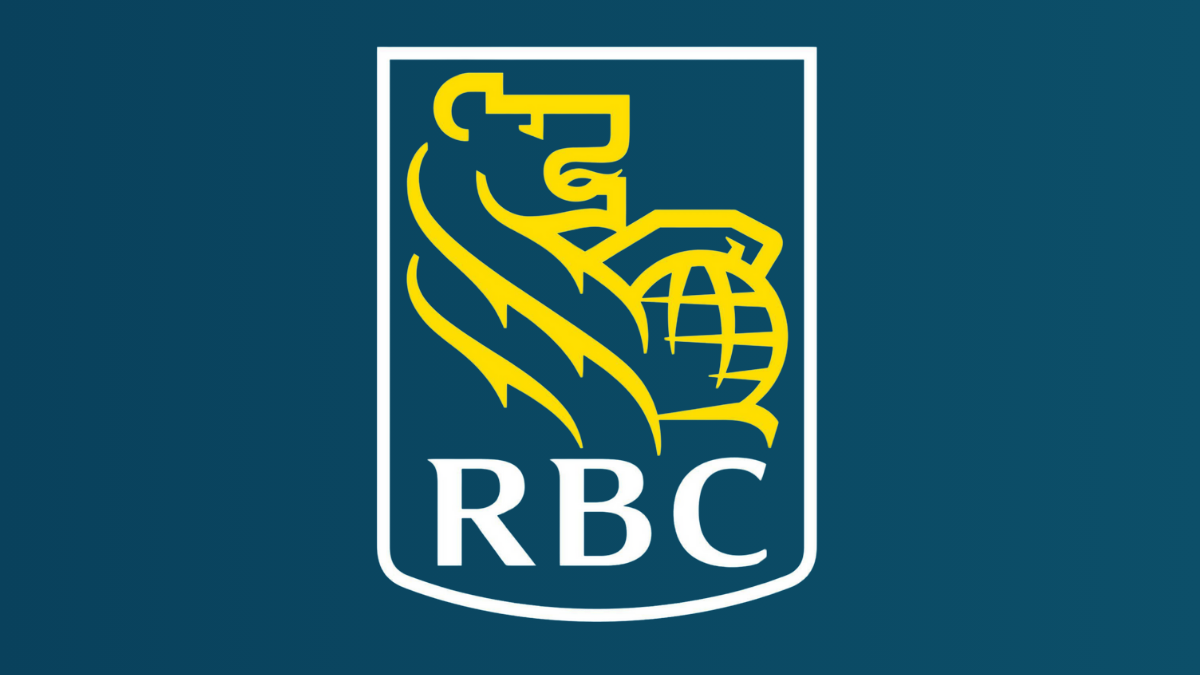
RBC Bank Review: Exceptional Customer Care
Explore our RBC Bank Review for an insightful look into their services, fees, and customer experiences, guiding your banking decisions.
Keep ReadingYou may also like
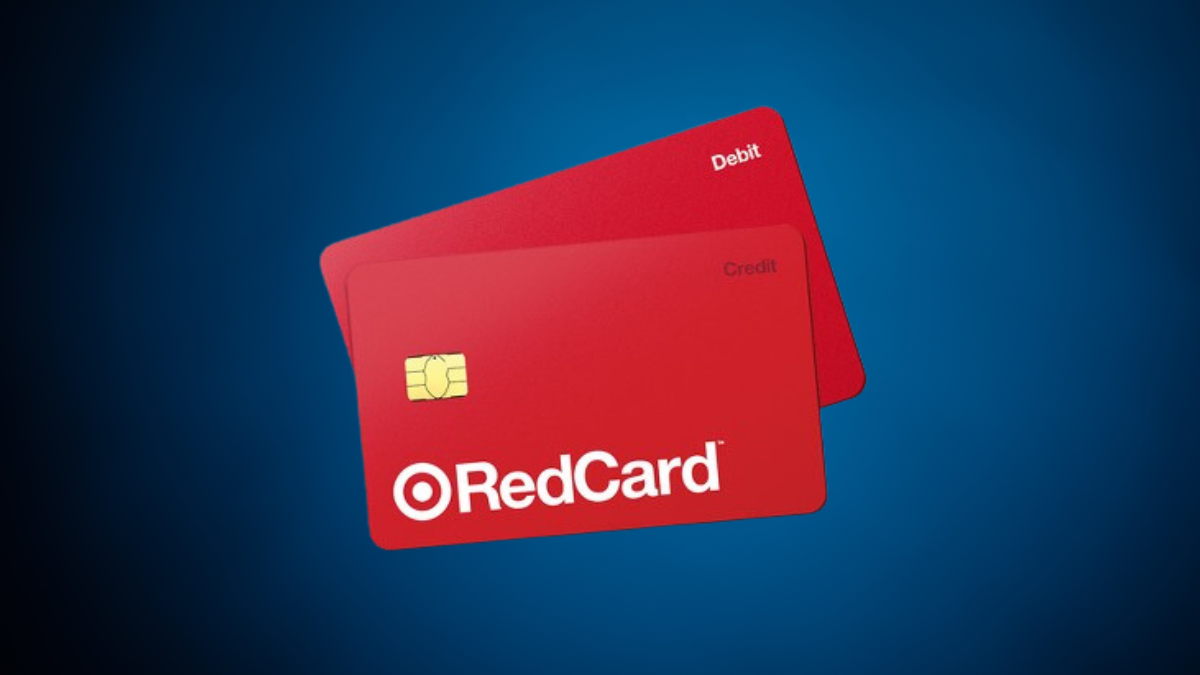
Target RedCard Review: Save More With a 5% Discount
Discover the ultimate shopping companion with our Target RedCard review. Uncover perks and savings at Target, designed just for you. Read on!
Keep Reading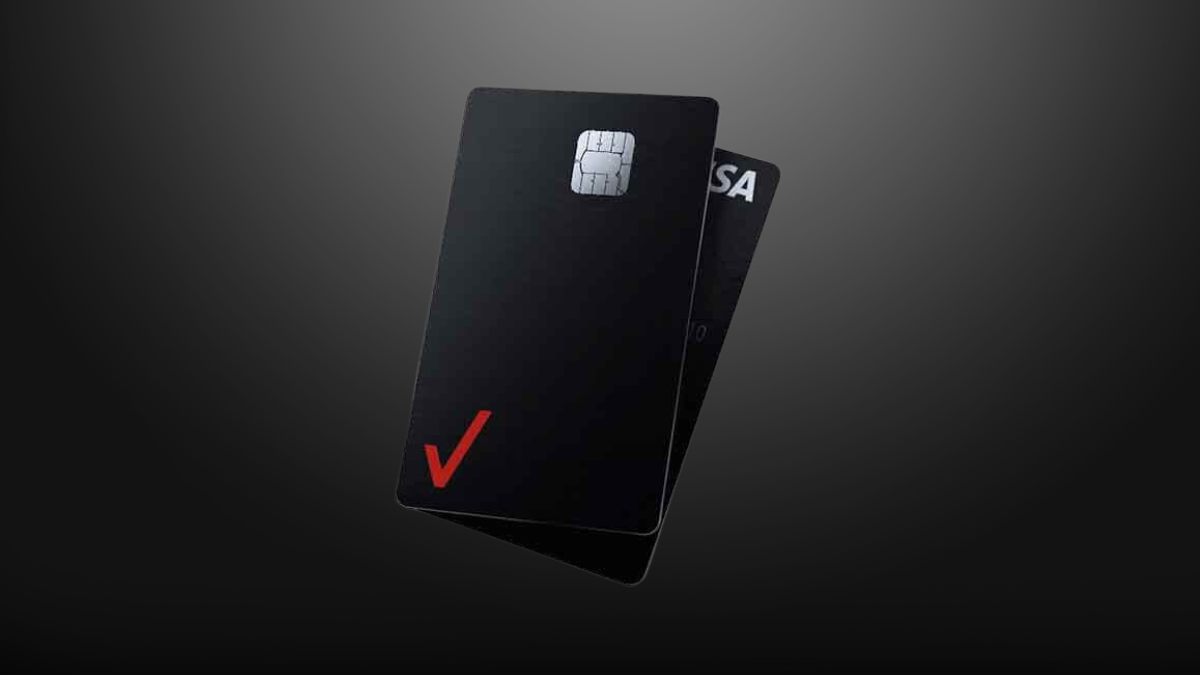
Earn up to 4% back: Verizon Visa® Card Review
Discover the Verizon Visa® Card in our review. Explore its rewards, and find out if it's the right card for your wallet.
Keep Reading
Better Mortgage review: how does it work and is it good?
The Better Mortgage review will provide some of the most important information to help you achieve the dream of buying a house. Keep reading!
Keep Reading